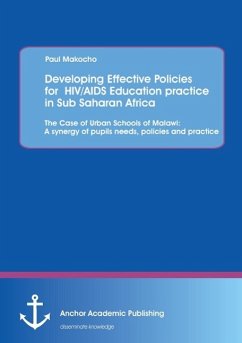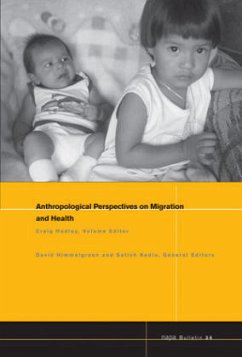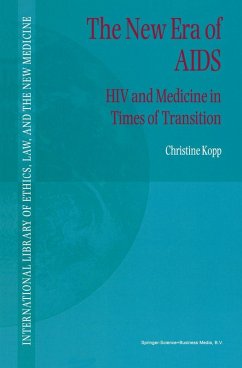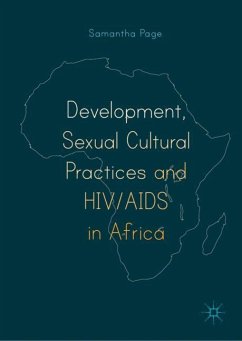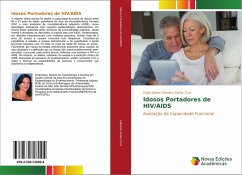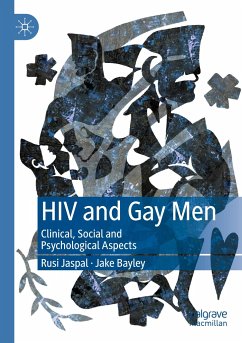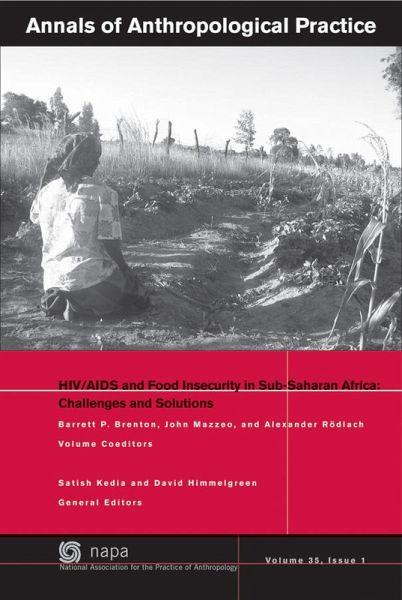
Broschiertes Buch
HIV / AIDS and Food Insecurity in Sub-Saharan Africa
Challenges and Solutions
Ed. : Satish Kedia and David Himmelgreen
Versandkostenfrei!
Versandfertig in über 4 Wochen

PAYBACK Punkte
14 °P sammeln!




This collection of 14 chapters brings together a wide array of applied anthropologists, other social scientists, and practitioners to detail the ways in which public health measures can be effectively integrated with HIV/AIDS prevention, anti-retroviral treatment, and food security efforts in sub-Saharan Africa.
Barrett P. Brenton is an associate professor of anthropology and associate director of the Center for Global Development at St. John's University in New York. As a nutritional anthropologist he has conducted fieldwork in Peru, Ecuador, Kenya, Zambia, South Africa, and in Native American communities across the U.S. His research interests include the paradox of childhood hunger and obesity, HIV/AIDS and food insecurity, and food policy related to the use of genetically modified organisms in sub-Saharan Africa. For nearly 10 years he was co-editor of the international journal Ecology of Food and Nutrition. John Mazzeo is an assistant professor of anthropology and is affiliated with the Masters in Public Health Program at DePaul University. His research interests include livelihood systems, food security, health and HIV/AIDS and he has conducted fieldwork in Zimbabwe, Haiti and the Bahamas. He work in Zimbabwe, between 2004 and 2006, examined the coping strategies of rural households to the HIV/AIDS epidemic. Alexander Rödlach is an assistant professor in anthropology and psychiatry at Creighton University in Omaha. He studies how cultural understandings of diseases, particularly HIV/AIDS in Zimbabwe, shape perceptions of and access to health services. Further, he explores the health needs of migrants and refugees, especially Guatemalan Mayans living in Omaha. In addition, he assists a non-profit organization assessing the long-term impact of their services provided to refugees. He is the author of "Witches, Westerners, and HIV." His most recent publication is "Religious Institutions and Volunteering to Provide Care to People Living with HIV and AIDS in Zimbabwe."
Produktdetails
- NAPA Bulletin Vol.35/1
- Verlag: Wiley & Sons
- 1. Auflage
- Seitenzahl: 244
- Erscheinungstermin: 13. September 2011
- Englisch
- Abmessung: 249mm x 170mm x 15mm
- Gewicht: 428g
- ISBN-13: 9781444361551
- ISBN-10: 1444361554
- Artikelnr.: 35047060
Herstellerkennzeichnung
Libri GmbH
Europaallee 1
36244 Bad Hersfeld
gpsr@libri.de
Für dieses Produkt wurde noch keine Bewertung abgegeben. Wir würden uns sehr freuen, wenn du die erste Bewertung schreibst!
Eine Bewertung schreiben
Eine Bewertung schreiben
Andere Kunden interessierten sich für


